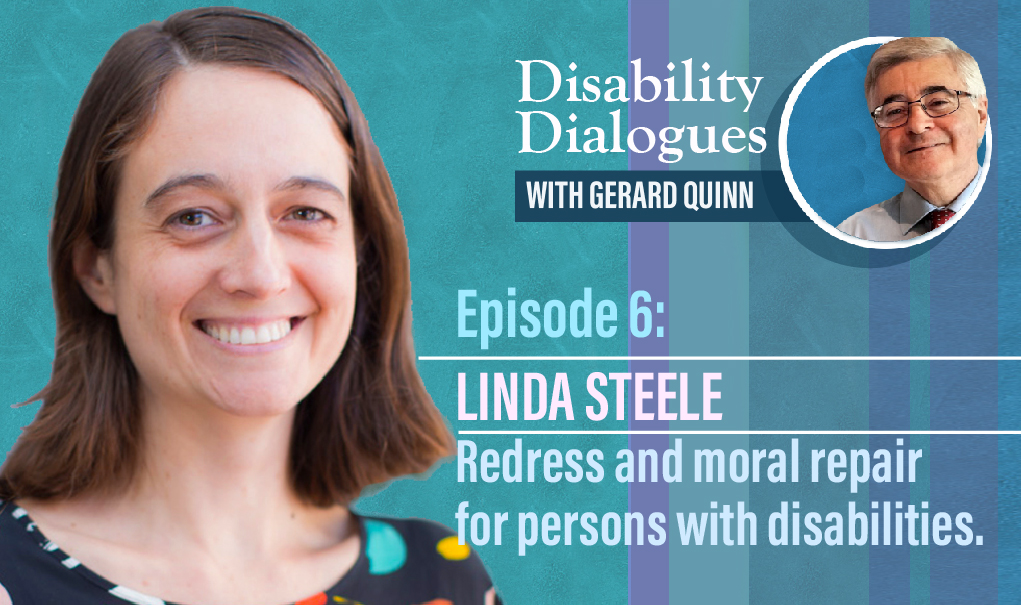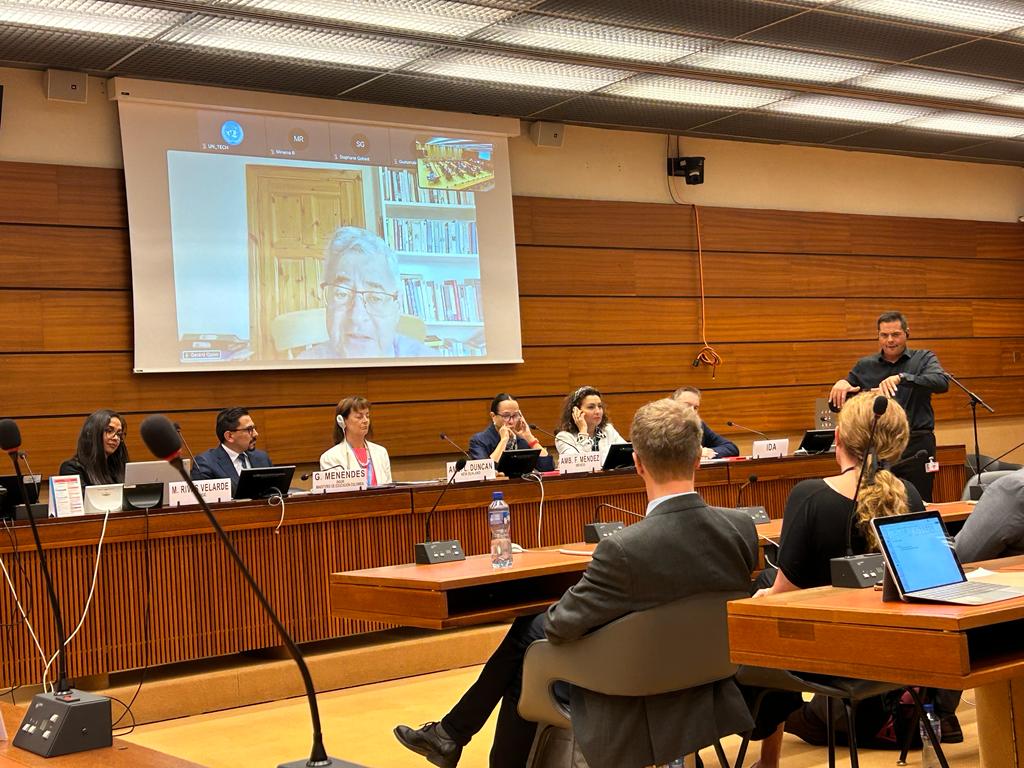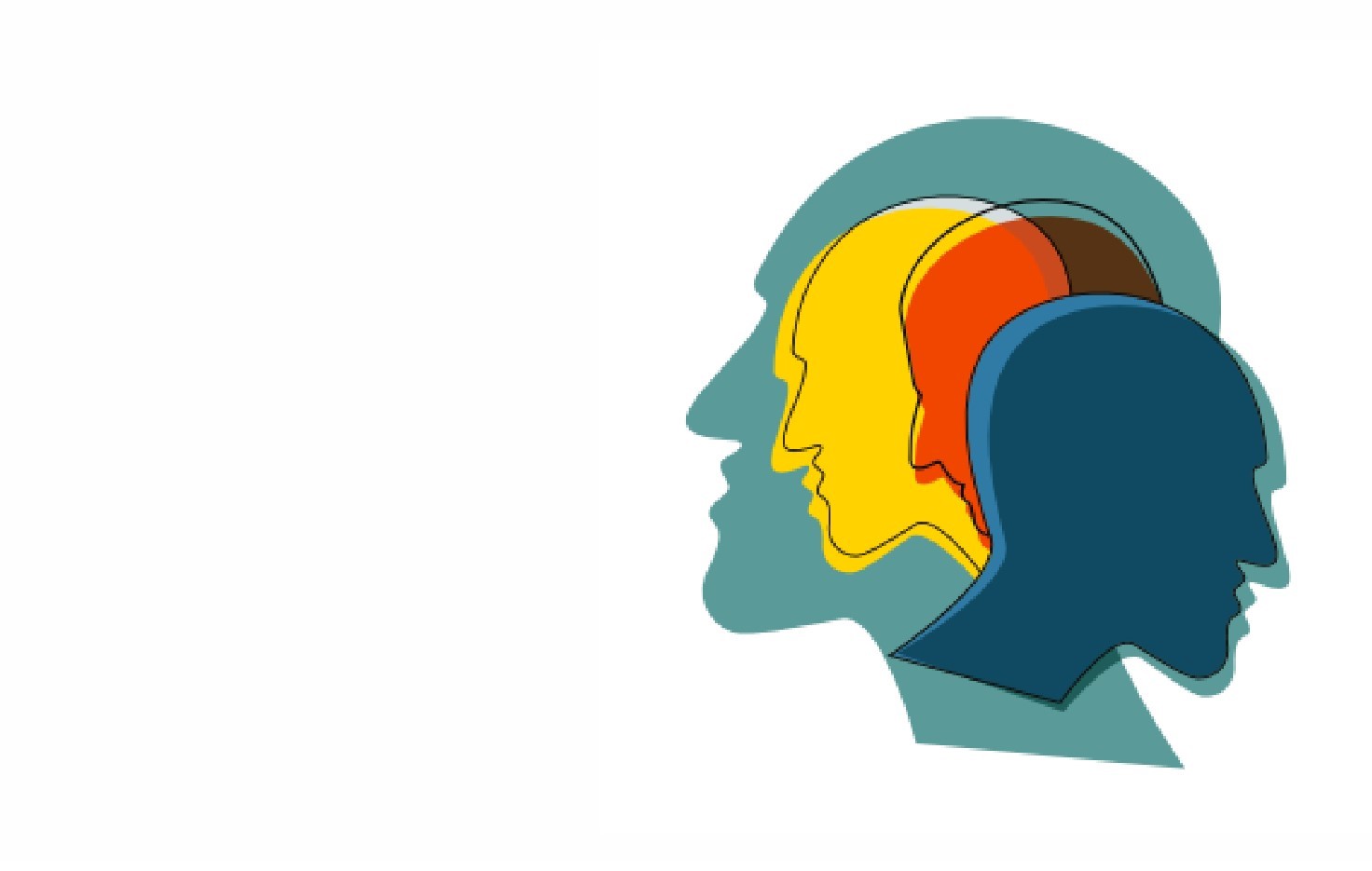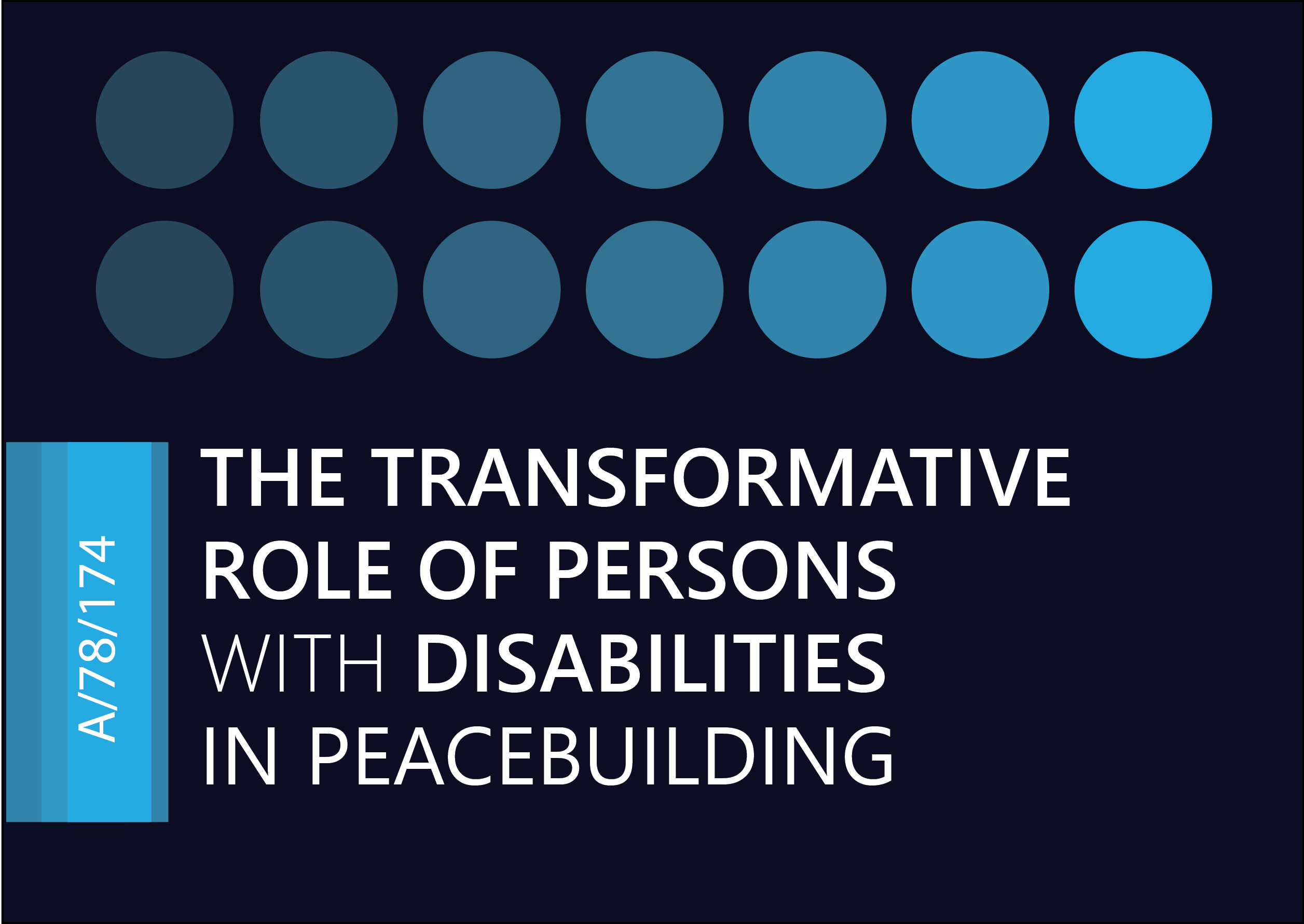We are at a key inflection point of the Artificial Intelligence revolution, which will have massive implications for persons with disabilities.
I wish to thank the Bureau for the invitation to participate in the opening of the 16th session of the Conference of States Parties to the Convention on the Rights of Persons with Disabilities.
I sincerely regret I cannot be with you in person due to medical advice.
This year’s themes are incredibly important: sexual and reproductive rights and services, digital access and inclusion and how to reach underrepresented groups.
Given my own work over the past few years, let me dwell for a moment on the second topic.
Two years ago, I published a thematic report focusing on the balance of risks and opportunities posed by Artificial Intelligence for persons with disabilities. This is probably the issue of our times.
Now and again a revolution of ideas and practices comes along to transform the terms of human co-existence across all domains – economic, social, and even political. If the past is any guide, then the trend seems unstoppable.
We are indeed at a key inflection point and this new revolution will have massive implications for persons with disabilities. The advantages are many.
As the World Bank has indicated, some development blockages of the past might usefully be undone by AI thus creating more space for disability inclusive development.
The dream of personalising and individualising services now seems within grasp – thus making independent living and community living more readily achievable.
AI can contribute to refreshing our social service and care models, which is a pressing priority for the future.
The University of Melbourne has also pointed to new and positive applications in the domain of mental health which help to hasten the end of coercive models.
In short, the goal of inclusion based on dignity in the CRPD can be made meaningfully closer by the intelligent use of AI. So, the stakes are high.
However, precisely because we value the game-changing nature of the technology, we simply must be attentive to its downside whether intended or otherwise. AI is based on machine learning – technology that detects patterns in human behaviour, technology that predicts human behaviour and technologies that nudge human behaviour to the point of making decisions about persons.
Much of this is done without human interaction. Much of it is based on knowledge-sets that excludes the reality of persons with disabilities – and thus perpetuates stereotypes. Often you – the person – are unaware of the operation of the technologies in the background. So, when you are disadvantaged, you don’t even know about it and are therefore not in a position to challenge it.
Further, machine-based decisions can be made about you by side-stepping altogether the jewel in the crown of international disability law – the obligation of ‘reasonable accommodation.’ Once that core obligation is side-stepped then the advances in international equality law, we have fought so hard for in recent years are simply neutralised.
Just to be clear. This is not the traditional privacy agenda – although that is important. And this is not the traditional digital inclusion agenda – making existing technology more widely available to under-represented groups.
This has more fundamentally to do with the transformative power of the new technology – to change lives for better or worse.
Persons with disabilities lost out in the 3rd Industrial Revolution - the internet – from the early 1990s. We have been playing catch-up ever since with ad hoc web accessibility laws. We cannot allow the same to happen with AI – the 4th Industrial Revolution. If we do, the furthest left behind will simply have no chance to catch up as the 21st century unfolds.
We have to be active and present in key debates about major transformations like AI. The disability rights agenda has to be about more than reacting to particular injustices – it has to be an integral part of how humanity re-imagines its future. That ensures that the social fabric of the future includes persons with disabilities as an integral part of the human family.
I am sure that all have a role to play – civil society, tech developers, tech users and regulators.
And I am sure that COSP will – as usual – generate useful ideas about how to harness the potential of AI whilst mitigating against its ill-effects. The fact that we are having this debate at all shows the relevance of COSP and connects disability to the broader challenges facing humanity.
I wish you great success in your deliberations. Thank You.





